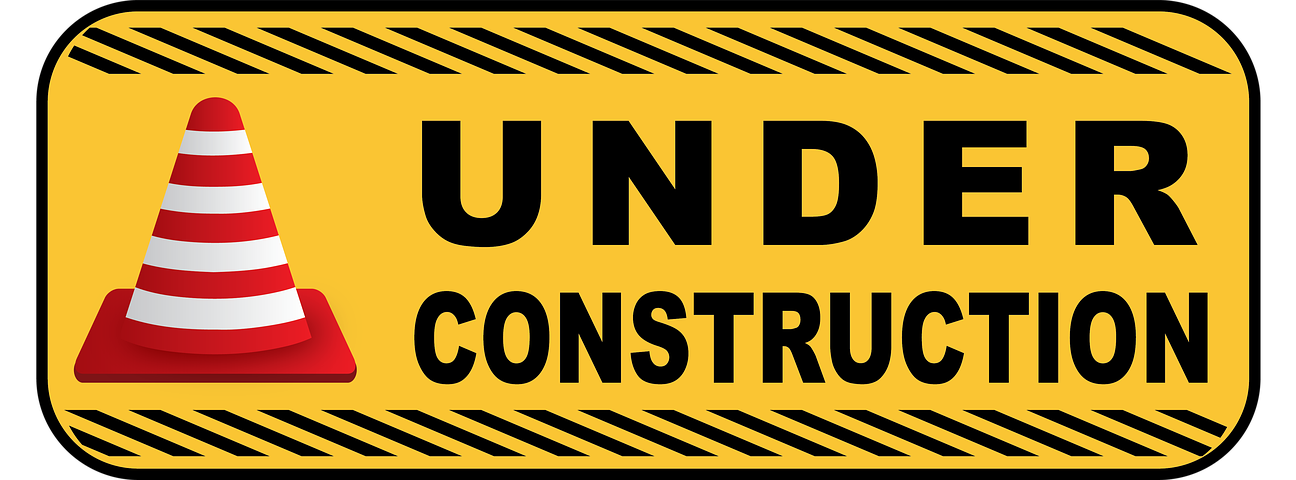The importance of having a 'No Blame' culture...
 Some parts of this site are currently incomplete & will be updated asap
Some parts of this site are currently incomplete & will be updated asap
Other parts will change continually so use “Refresh” in your browser !!
There is extensive use of “Tooltips” text to support learning which do not seem to render on a Smartphone
Learning -> Resources Available, All Work is Subject to DHRF's "GD"
What is a “no blame” culture ?
Wikipedia talks about a Just Culture and says: “A just culture is the opposite of a blame culture. A just culture is not the same as a no-blame culture but is a culture where individuals are accountable for their willful misconduct or gross negligence […] In a system of just culture, discipline is linked to inappropriate behavior, rather than harm. This allows for individual accountability and promotes a learning organisation culture”
https://www.gov.uk/government/speeches/from-a-blame-culture-to-a-learning-culture
“From a blame culture to a learning culture”
Health Secretary (Jeremy Hunt) addresses the Global Patient Safety Summit on improving safety standards in healthcare
https://hbr.org/2022/02/blame-culture-is-toxic-heres-how-to-stop-it
Blame Culture Is Toxic. Here’s How to Stop It. by Michael Timms February 09, 2022
https://journals.sagepub.com/doi/10.1037/1089-2680.5.4.323 Bad is Stronger than Good
https://www.gottman.com/blog/the-magic-relationship-ratio-according-science/ The Magic Relationship Ratio, According to Science (That “magic ratio” is 5 to 1)
https://www.gottman.com/blog/the-four-horsemen-recognizing-criticism-contempt-defensiveness-and-stonewalling/
https://www.nature.com/articles/srep17390 Two Distinct Moral Mechanisms for Ascribing and Denying Intentionality
https://www.ncbi.nlm.nih.gov/pmc/articles/PMC3115647/ People or systems? To blame is human. The fix is to engineer
https://journals.sagepub.com/doi/10.1177/0021886396321001 Learning from Mistakes is Easier Said Than Done: Group and Organizational Influences on the Detection and Correction of Human Error
“Nobody will take accountability for problems if they think they’ll be punished for doing so. Furthermore, learning and problem solving go out the window in workplaces that tolerate blame. Instead of learning from mistakes, blamed employees tend to hide their mistakes”
References:
Collins, B., 1997. Emotional Unavailability. McGraw Hill Book Company.
Csikszentmihalyi, M., 1997. Flow: The Psychology of Optimal Experience.
In view of DHRF’s commitment to support learning, there is a much higher “learning content” in the Research Work Streams & elsewhere than would otherwise be the case… Please be aware of that ↩